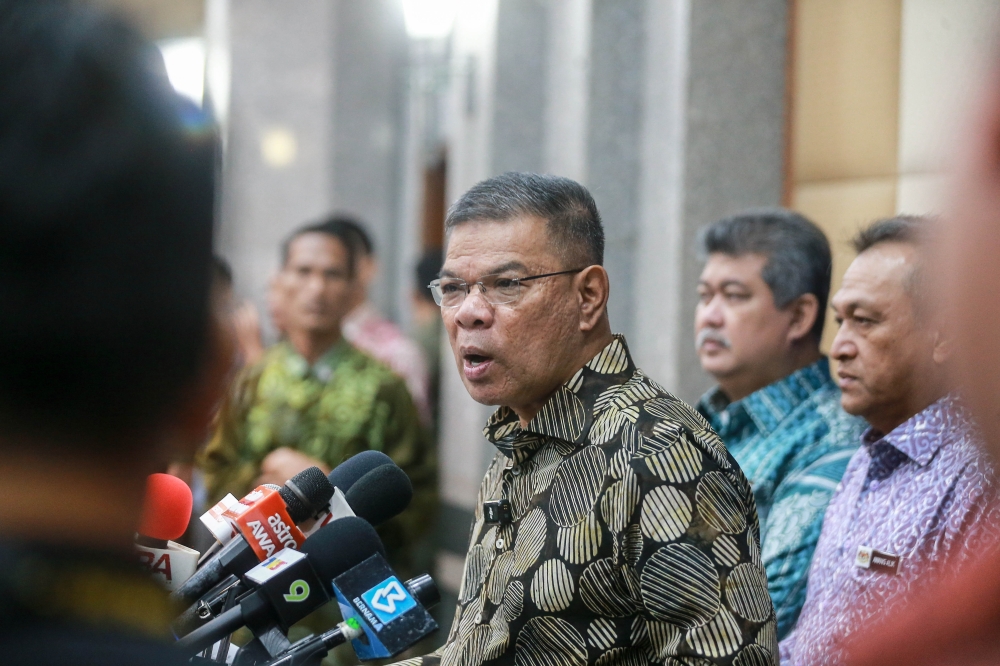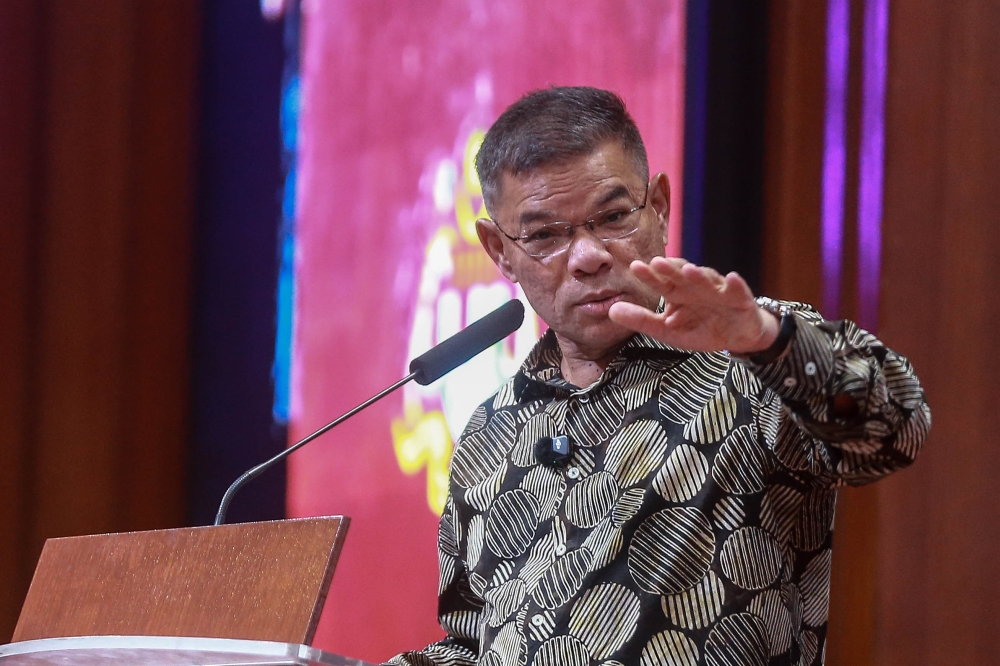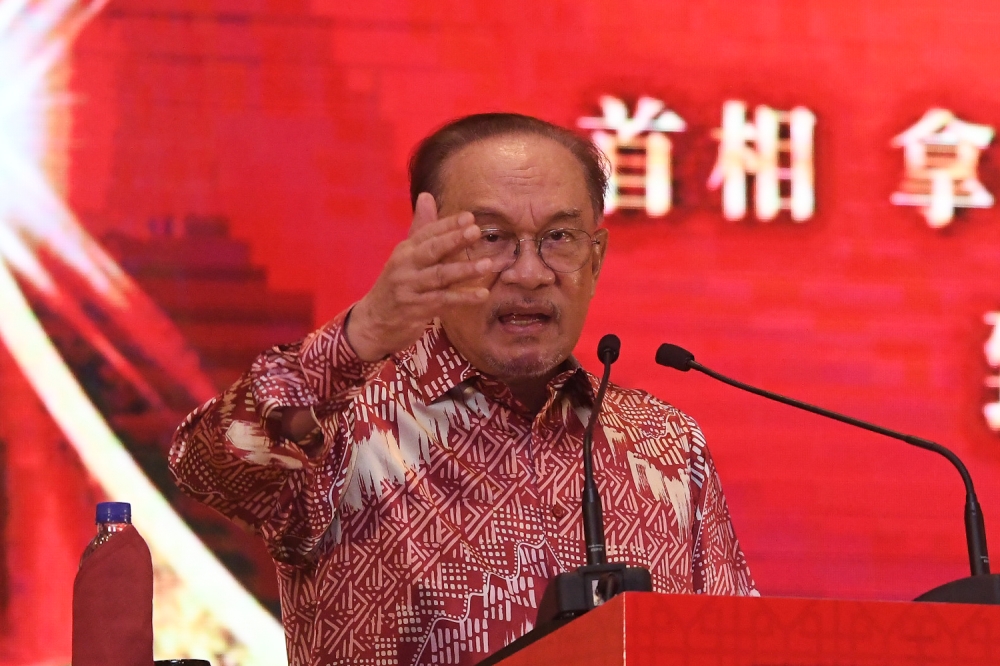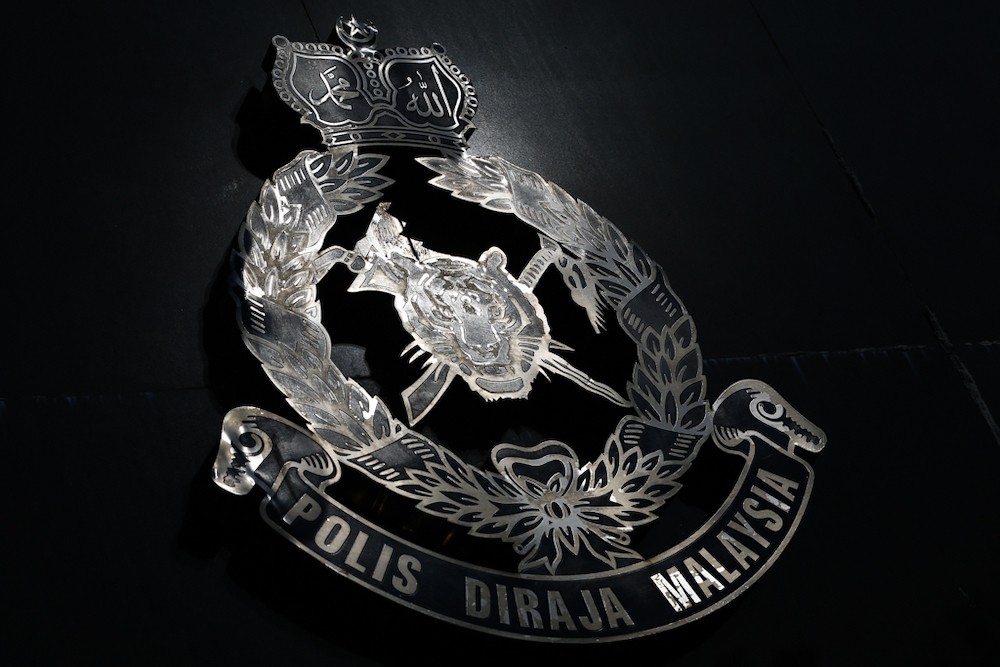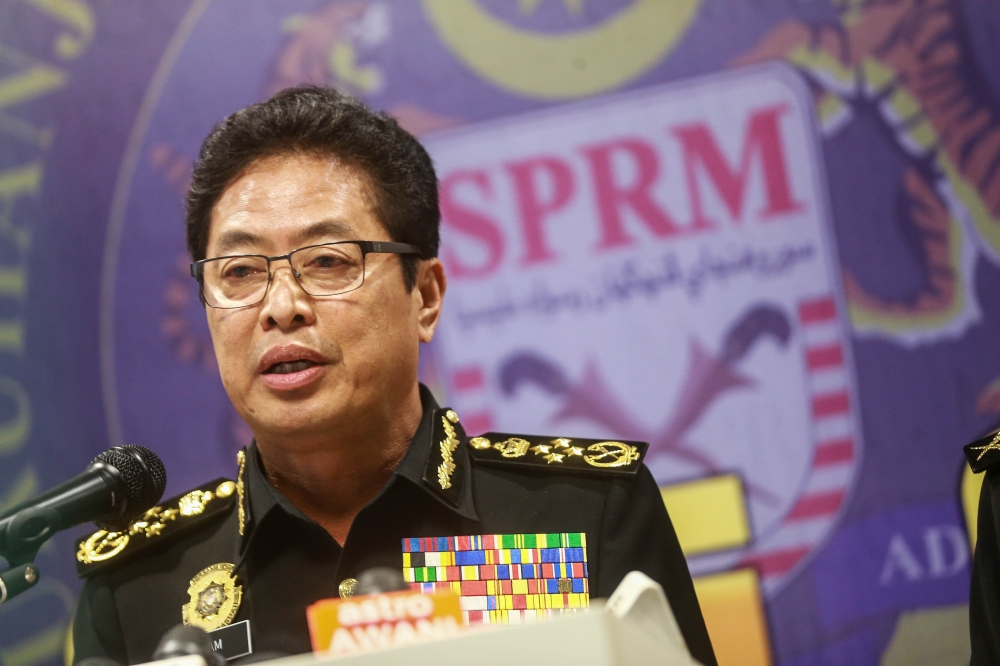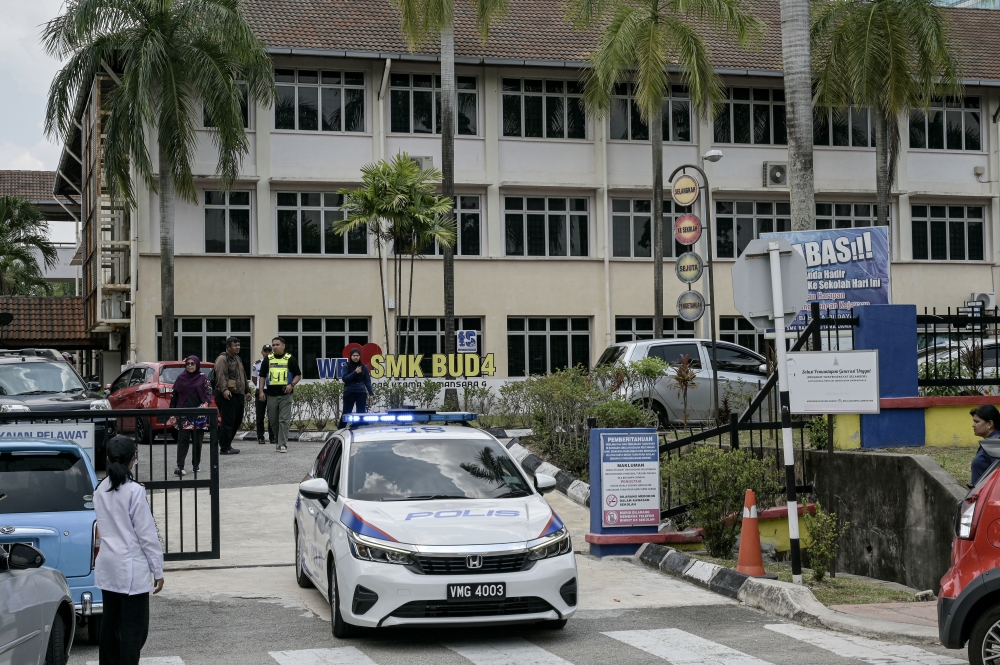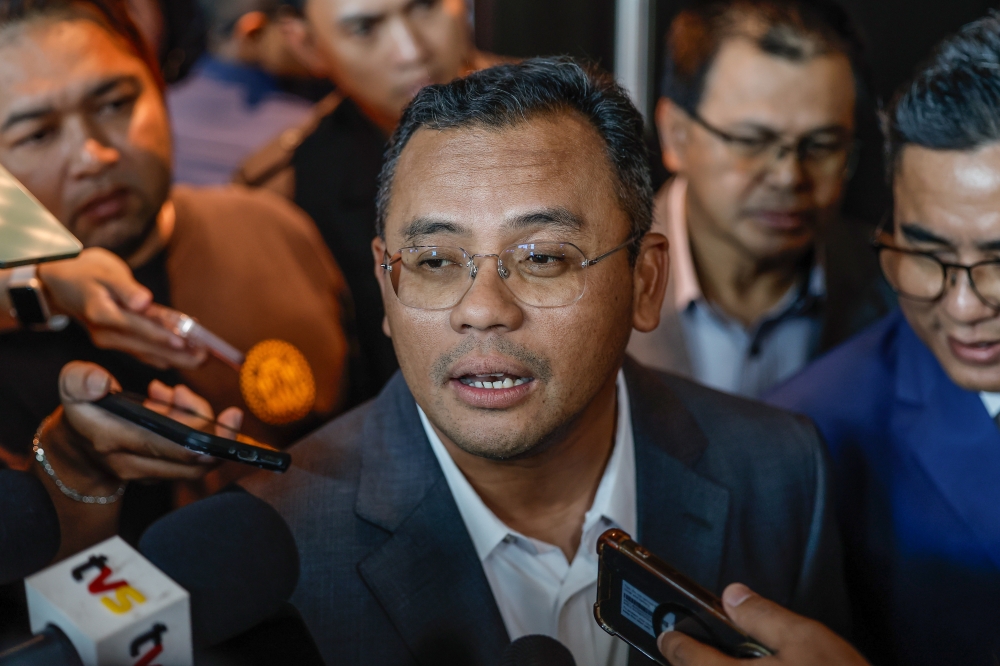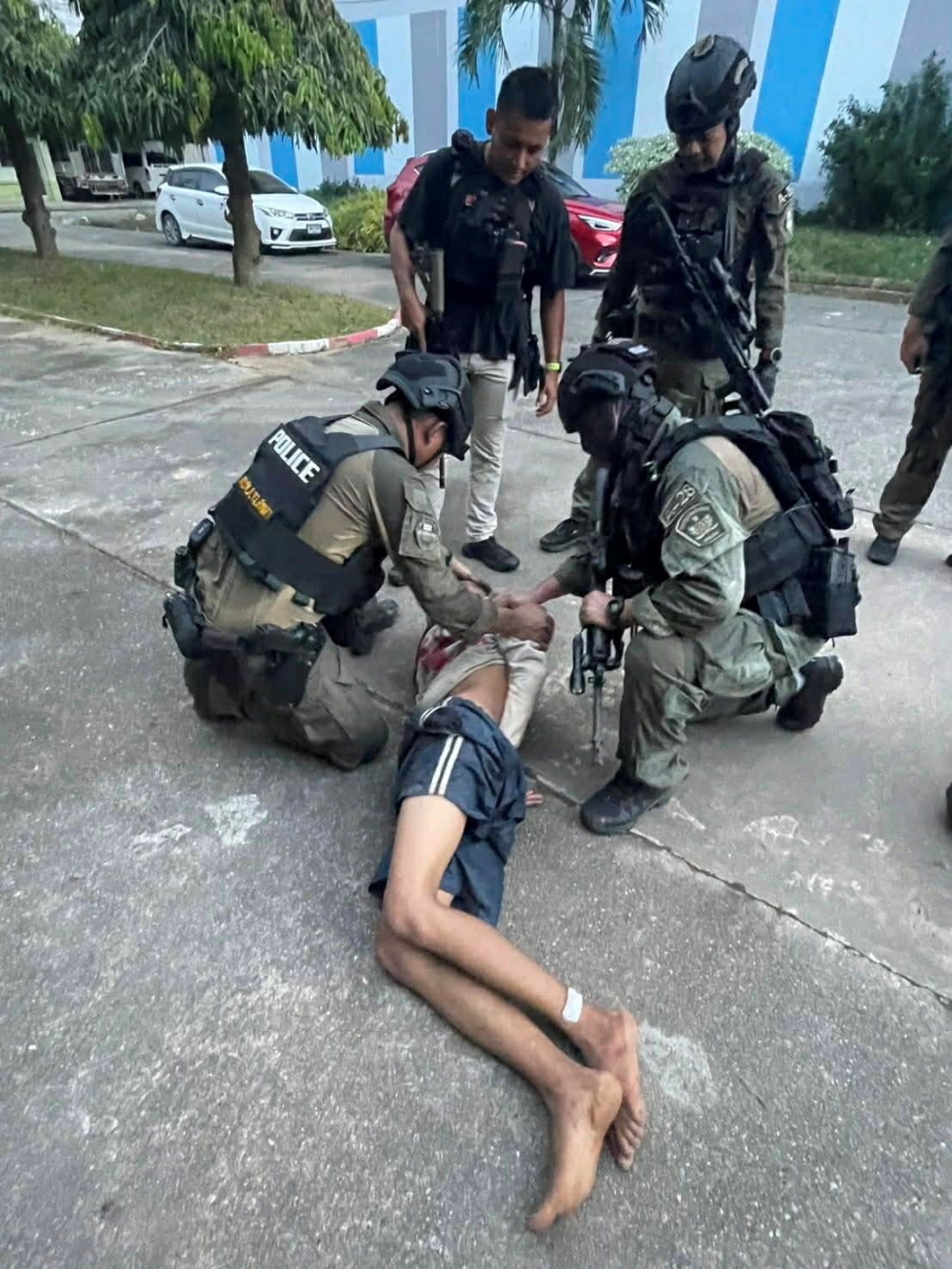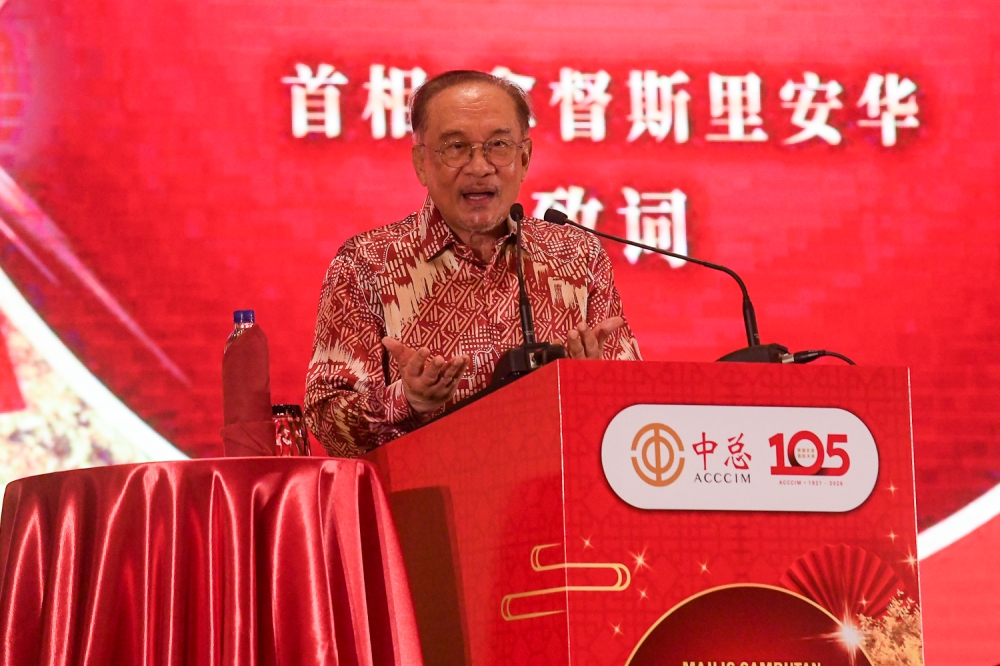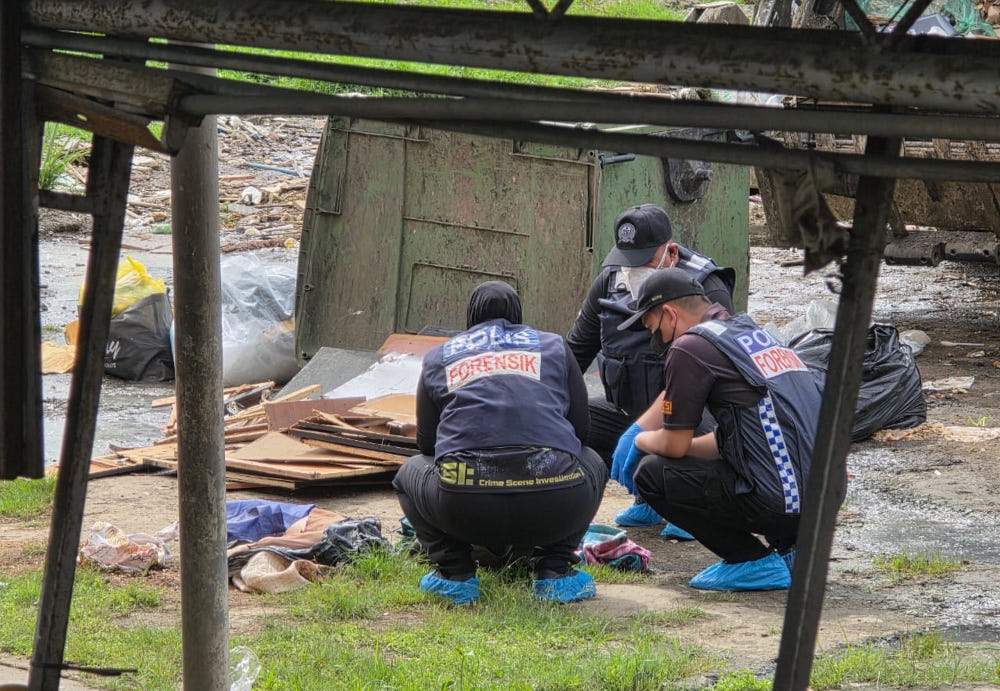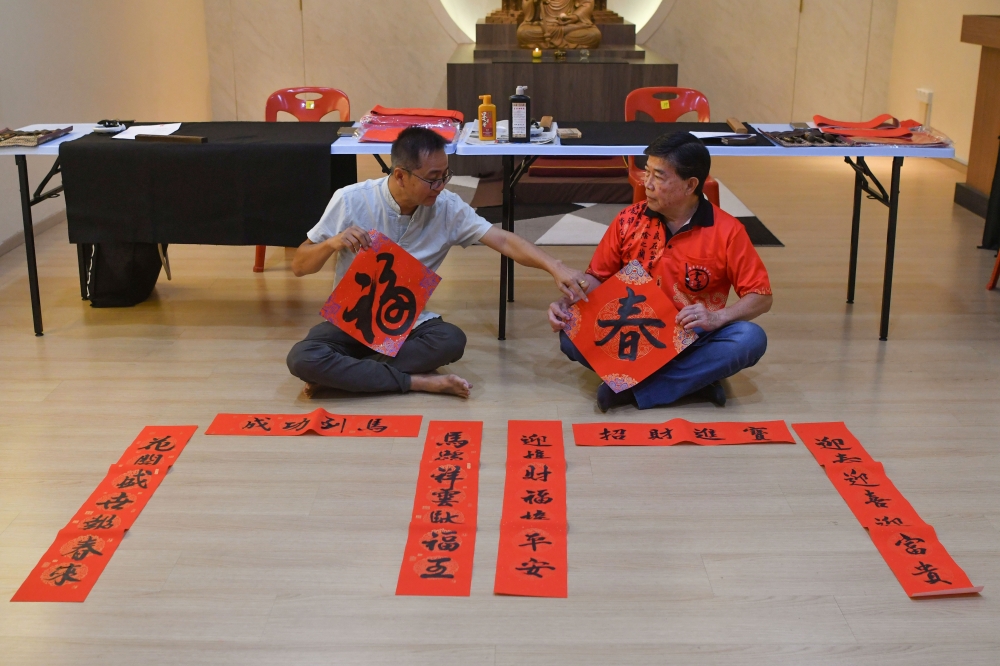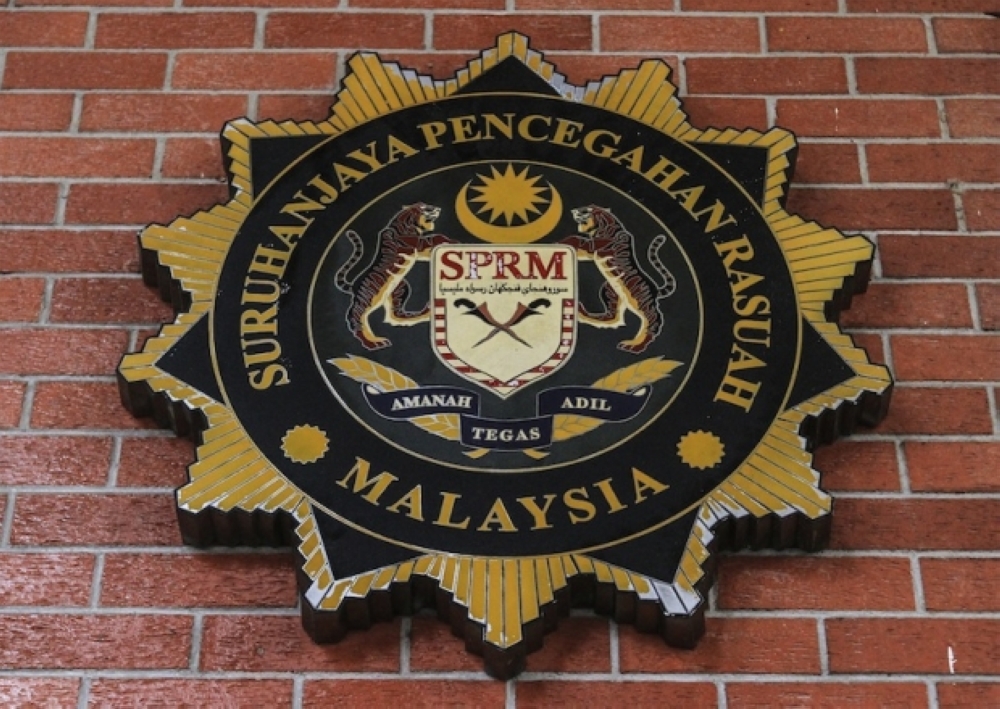KUALA LUMPUR, Dec 20 — The second Malaysia Women & Girls Forum (MWGF) closed with six key resolutions from sessions with 22 panelists and speakers focusing on safeguarding, securing, and normalising the right to Bodily Autonomy (BA) across all levels of Malaysian society.
Health Minister YB Khairy Jamaluddin had launched the forum with United Nations Resident Coordinator for Malaysia, Singapore, and Brunei Karima El Korri and UNFPA Malaysia representative Dr Asa Torkelsson in attendance.
According to MWGF, the event which aims to advance the rights and well-being of Malaysian women and girls, will be a cornerstone of human rights, emphasising the challenges of achieving and promoting gender equality, as well as recognising the crucial role of youth in pushing for change.
Kuantan Member of Parliament YB Fuziah Salleh emphasised the necessity of Gender Responsive Budgeting (GRB) and said proper implementation of GRB should be established on evidence-based planning, rather than the existing outcome-based application.
KPWKM Policy & Strategic Planning Unit deputy undersecretary Dr. Senutha addressed how the legislation provides an Anti-Sexual Harassment Tribunal with the jurisdiction to investigate and adjudicate sexual harassment allegations regardless of age, gender, or nationality, as she considered sexual harassment to be a violation of human rights.
Spot Community Programme founder Aishah Shari stated that it is essential to educate the younger generation on sexuality and relationship education in order to guarantee them a quality and bright future.
“As a society, we need to work hard on helping our children, as there is currently a lack of high quality, age and developmentally appropriate sexuality and relationship education that may lead children to harmful behaviour and exploitation.”
Student activist Ain Husniza, debated with Aishah on the current prevalence of rape jokes and the issue of rape culture in educational institutions.
In the second plenary session, All Women’s Action Society Malaysia executive director Sumitra Visvanathan said a recent attitude survey by Women’s Aid Organisation (WAO) revealed only half of Malaysians were likely to oppose violence-endorsing attitudes and support gender equality.
“There is a disconnect between knowledge and practice.
“We excuse perpetrators.
“On the one hand, we are able to recognise this is violence, this is domestic violence, this is sexual harassment, this is abuse against a child.
“We are able to recognise it, but then we excuse, we provide justification, we accept, we normalise,” she said.
AWAM executive director Nisha Sabanayagam, discussed the practice of regular spot checks in national schools and how it only became public when women flocked to social media to share their situations.
“This is when social media becomes a tool that we can use for advocacy and also to get people to open up and talk about their issues,” she said.
During the third keynote session, University of Nottingham Malaysia Sociolinguistics and Discourse Analysis assistant professor Melissa Yoong analysed the wider social context including language usage in efforts to enhance gender equality in media.
“The media’s appraisal of women does not occur in a neutral context.
“We live in a society that is gender-unequal. Ideals of femininity are still linked to deference to men and men are still often regarded as sexual subjects and women as sexual objects,” she explained.
In the final plenary session, Monsters Among Us (MAU) founder Firzana Redzuan, spoke about MAU’s ‘lapor-predator’ reporting chatbot, which was intended to alleviate the issues Malaysians encounter while reporting sexual assault.
He added that ‘lapor-predator’ reporting chatbot helps remedy the difficulties Malaysians face when trying to report sexual abuse – which derives from a lack of information, access to justice, fear of victim blaming and fear of judgement.
“We see our children increasingly utilising the internet but they are not taught to protect themselves against dangerous activities online. We need to remind them that they get to decide, they have a say to live in a safer place”.
Sarawak Women for Women Society Committee member (SWWS) Kimberley Tan, spoke about the “BukanSalahKamek” initiative, which provides safe spaces for females to talk freely about their lived experiences of harassment and abuse.
An independent journalist Hadi Azmi, emphasised on the necessity for Malaysian news media to educate itself on tackling existing disparities in gender norms, journalism ethics, and gender sensitive coverage.
Lastly, independent filmmaker Nadira Ilana,argued on the stereotyped and sexist portrayal of women in Malaysian television shows and films.
She stated that women in the entertainment industry need to be empowered to decline parts that include graphic rape scenes and violence, as well as to speak out against stereotyped storylines about minorities and minority women in Malaysia.
“When we watch these mainstream films, in terms of the representation of women, we often see women as plot devices or rape culture where women only appear as somebody to be sexualised or to further the plot of the male main character,” she said.
MWGF secretariat head and independent broadcast journalist Tehmina Kaoosji, read out six resolutions drafted at the close of the meeting
- Align government programmes and strategies in line with SDG5 on gender equality by 2030.
- Ensure the successful roll-out of the Anti-Sexual Harassment Bill, followed by the drafting and tabling of a Gender Equality Bill and other laws to ensure Bodily Autonomy and Integrity.
- Adopt a whole-of-society approach in normalising and upholding Bodily Autonomy and integrity, including more institutional pushback against rape culture.
- Strengthen and normalise comprehensive sexuality education (CSE) in schools to better equip girls with knowledge of their rights to Bodily Autonomy.
- Create targeted economic recovery efforts aimed at strengthening the position and involvement of women & girls in society including policymaking and political participation.
- Engage with and uplift the media to encourage ethical journalism that disrupts the status quo and offers societal counter-discourses.
The resolutions will be compiled into a report and presented to relevant Malaysian ministries and parliamentary select committees, along with recommendations.
*Malay Mail is the official media partner for the Malaysia Women and Girls Forum 2021.

